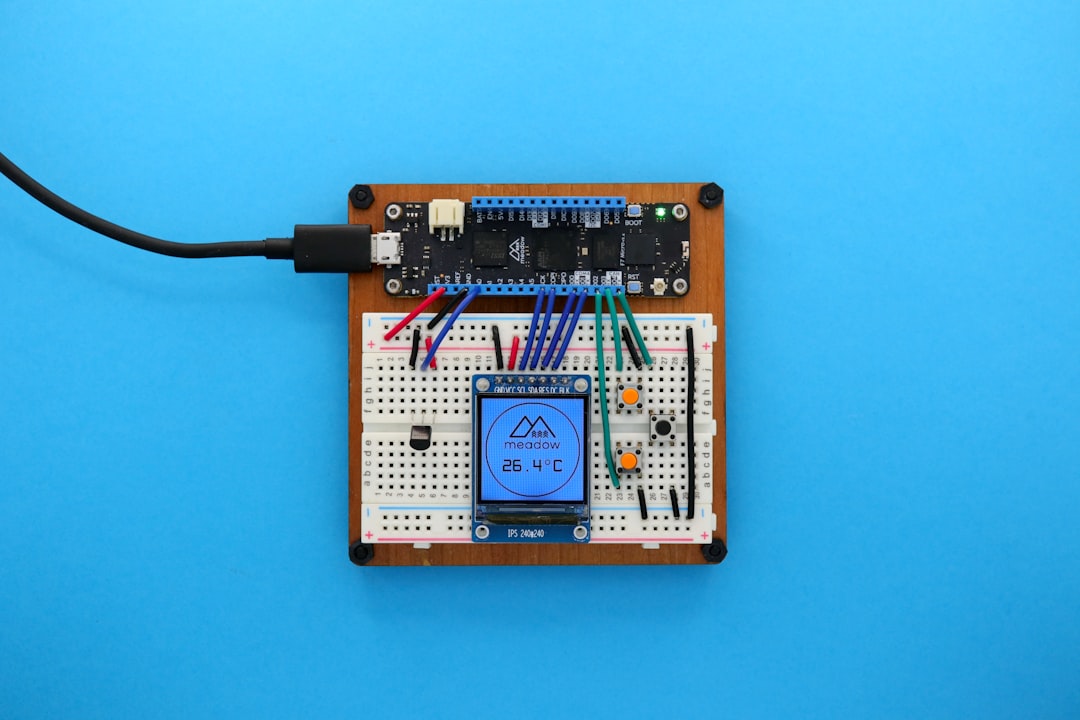
Quantum Computing Explained (Without the Jargon)
Imagine a computer so powerful that it can solve problems in seconds that would take today’s fastest machines a million years. That’s the promise of quantum computing—a revolutionary approach to computing that takes advantage of the strange and fascinating rules of quantum physics. But what exactly is quantum computing, and how is it different from the devices we use today? Let’s dive in, without the complex jargon.
To understand quantum computing, it helps to start with what we already know about regular computers. Traditional computers—like your laptop or phone—use bits as their basic units of information. These bits can be in one of two states: 0 or 1. Everything you see on your screen, from videos to texts, is ultimately made up of these tiny ones and zeroes, flowing through circuits.
Now, here’s where quantum computers come in with something radically different. Instead of bits, they use qubits. And qubits don’t just play by the normal rules. Thanks to the quirky behaviors of quantum mechanics, qubits can be in a state that is both 0 and 1 at the same time. This is called superposition, and it’s one of the features that makes quantum computers so powerful.

Another big quantum effect is entanglement. It’s a special kind of connection between qubits, where the state of one qubit instantly affects the state of another, no matter how far apart they are. Einstein famously called this “spooky action at a distance.” In practical terms, this allows quantum computers to perform complex calculations more efficiently than classical machines.
When you put superposition and entanglement together, you get a system that can process enormous amounts of information at once. Imagine trying to find the right combination to open a digital lock with millions of possible combinations. A regular computer would have to try each one one-by-one. A quantum computer, with its superposition abilities, could examine many of those combinations at the same time.
Contents
Real-World Applications
So, what could we do with all this power? Here are just a few areas where quantum computing might change the game:
- Medicine: Model molecules and protein folding to help discover cures faster.
- Finance: Optimize investment strategies and detect fraud more precisely.
- Climate Science: Simulate complex weather and climate systems to predict changes and plan solutions.
- Cybersecurity: Both create and break encryption systems, as quantum computing evolves.
Despite the mind-blowing potential, it’s important to note that we’re still in the early days. Today’s quantum computers are experimental and delicate. They require very cold conditions—close to absolute zero—to function and are often affected by tiny vibrations or temperature changes. But researchers are making progress every day.
How Does a Quantum Computer Look?
When people picture a high-powered computer, they often think of sleek, metal towers glowing with lights. But quantum computers look completely different—more like elaborate chandeliers made of wires, glass, and gold. These cryogenic chambers are designed to keep qubits operational and stable.
The companies leading the charge—like Google, IBM, and startups like Rigetti—are racing to build more stable and scalable systems. Governments and universities worldwide are also joining in the race, contributing research and funding to advance the technology.
Will Quantum Computers Replace Regular Ones?
Probably not. At least, not in the way we imagine it. Think of quantum computers as specialists—brilliant at certain kinds of tasks but not very good at everything. Your smartphone won’t be replaced by a quantum device, but the data centers that process large-scale simulations or calculations might one day include them.
It’s similar to how calculators didn’t replace human thinking but became tools for handling specific tasks quickly. Quantum computers will help solve puzzles too complex for traditional systems, working alongside them rather than taking over completely.
The Quantum Future
Quantum computing is an exciting frontier of science and engineering. While there’s still a long way to go before it becomes mainstream, the journey toward harnessing the strange properties of the quantum world is already reshaping how we think about information.
By bridging physics and computing, quantum technology opens up new possibilities in nearly every field of human knowledge. As we move forward, one thing is clear: the quantum age is just beginning, and it’s going to be a wild ride.
